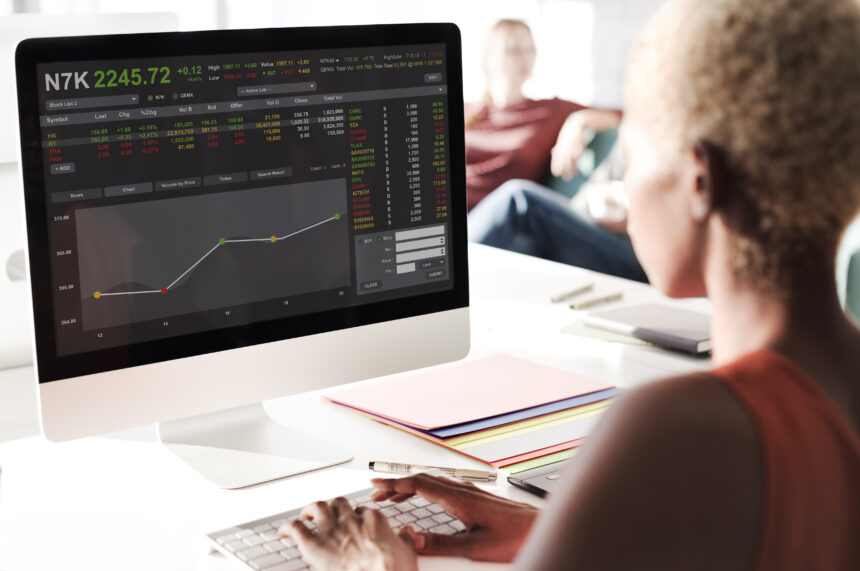The Johannesburg Stock Exchange (JSE) is the largest stock exchange in Africa and plays a crucial role in the South African economy. With numerous companies listed on the exchange, it becomes essential for investors and traders to have access to effective tools and software for stock market analysis. In recent years, there has been a significant rise in the availability and usage of JSE stock market analysis software and tools, providing investors with valuable insights and empowering them to make informed investment decisions. In this article, we will explore the role of these software and tools in enhancing trading strategies and maximizing returns.
- Market Data Aggregation and Visualization: One of the primary functions of stock market analysis software is to aggregate vast amounts of market data and present it in a user-friendly and visually appealing manner. These tools offer real-time data feeds, historical price charts, market news, and other relevant information that enable investors to analyze market trends and patterns. By visualizing market data, investors can identify key support and resistance levels, spot potential entry and exit points, and develop trading strategies based on technical analysis.
- Technical Analysis Tools: JSE stock market analysis software provides a wide range of technical analysis tools and indicators. These tools help investors identify price trends, patterns, and momentum indicators, allowing them to forecast future price movements more accurately. Popular technical analysis tools include moving averages, trendlines, oscillators, and chart patterns. By utilizing these tools, investors can gain insights into market sentiment and make timely decisions based on technical indicators.
- Fundamental Analysis Features: Apart from technical analysis, fundamental analysis plays a crucial role in assessing the intrinsic value of a company and its stock. JSE stock market analysis software often includes features that allow investors to access fundamental data, such as financial statements, earnings reports, and key ratios. These tools enable investors to evaluate the financial health and performance of companies listed on the JSE, identify potential investment opportunities, and make informed decisions based on the company’s fundamentals.
- Portfolio Management: Effective portfolio management is essential for investors to optimize their returns and minimize risks. Stock market analysis software provides portfolio tracking and management features, allowing investors to monitor the performance of their investments in real-time. These tools offer portfolio analysis, asset allocation, risk assessment, and performance reporting capabilities. By analyzing portfolio data, investors can identify underperforming assets, rebalance their portfolios, and make adjustments to maximize their investment returns.
- Algorithmic Trading and Automation: With the advancement of technology, algorithmic trading has gained popularity among traders. JSE stock market analysis software often integrates algorithmic trading capabilities, allowing investors to automate their trading strategies based on predefined rules and algorithms. These tools execute trades automatically, enabling investors to take advantage of market opportunities swiftly. Algorithmic trading also helps in minimizing emotions-based trading decisions and achieving consistent execution of investment strategies.
In conclusion, JSE stock market analysis software and tools have revolutionized the way investors analyse and trade on the Johannesburg Stock Exchange. By providing real-time market data, technical analysis tools, fundamental analysis features, portfolio management capabilities, and algorithmic trading functionalities, these tools empower investors to make informed decisions, enhance their trading strategies, and maximize their returns. As technology continues to advance, we can expect further innovations in JSE stock market analysis software, enabling investors to navigate the market with greater precision and efficiency.










